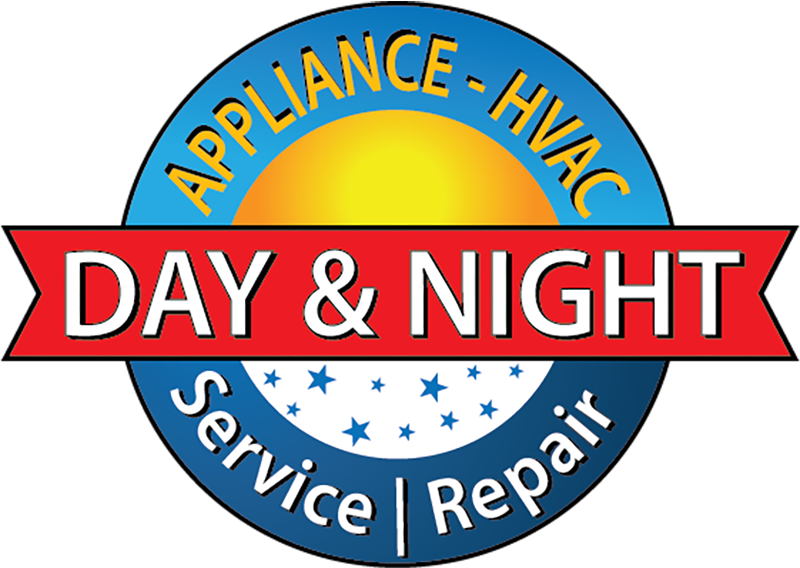Garbage Disposal Problems? Burke Homeowners' Complete Repair Guide
Garbage disposals provide convenient food waste management for Burke households, but mechanical problems can disrupt kitchen operations and create unpleasant conditions. Understanding common disposal issues and appropriate solutions helps homeowners maintain optimal functionality while knowing when professional repair services become necessary for safe and effective resolution.
Common Disposal Mechanical Issues
Jammed disposal units represent the most frequent problem Burke homeowners encounter. When disposals stop grinding or make humming sounds without blade movement, foreign objects or excessive food buildup typically block the grinding mechanism. Never insert hands into disposal units - use tongs or pliers to remove visible obstructions after disconnecting power.
Reset buttons on disposal units often resolve temporary overload conditions. Press the red reset button on the disposal bottom after clearing jams or overheating situations. If the unit immediately trips again, internal electrical problems or mechanical binding require professional diagnosis to prevent damage to motor components.
Drainage and Plumbing Connections
Slow drainage from garbage disposals often indicates problems beyond the unit itself. Check connections to your dishwasher drain line, as many dishwashers drain through disposal units. Clogged drain pipes or improper installation angles can cause water backup that affects both appliances simultaneously.
Water leaking from disposal connections requires immediate attention to prevent cabinet damage and mold growth. Common leak sources include loose mounting assemblies, worn drain gaskets, or damaged discharge pipes. Our experienced garbage disposal repair specialists can identify leak sources and provide lasting solutions that protect your kitchen infrastructure.
Unusual Noises and Performance Problems
Grinding or metallic sounds from garbage disposals typically indicate worn cutting components or foreign objects damaging internal mechanisms. Small items like bottle caps, utensils, or bones can cause significant damage if not removed promptly. Stop using the disposal immediately when unusual noises occur to prevent expensive motor damage.
Disposals that run but don't grind food effectively often have dull or damaged cutting blades. While some blade dulling is normal over time, sudden performance drops suggest internal damage requiring professional assessment. Attempting to sharpen blades or replace cutting components requires specialized tools and safety knowledge.
Electrical Problems and Safety Concerns
Garbage disposals that don't respond to switch activation may have electrical supply problems or internal motor failures. Check circuit breakers and GFCI outlets before assuming unit failure. Electrical problems with water-exposed appliances create serious shock hazards requiring professional electrical diagnosis.
Frequent circuit breaker trips when operating your disposal indicate electrical overload conditions. These can result from mechanical binding, motor wear, or electrical faults within the unit. Professional evaluation determines whether electrical problems stem from the disposal itself or household wiring issues affecting safe operation.
Preventive Maintenance Strategies
Regular maintenance extends garbage disposal lifespan and prevents expensive repair situations. Run cold water during and after disposal operation to help flush waste through drain lines effectively. Hot water can melt grease that later solidifies in pipes, creating blockages downstream from the disposal unit.
Avoid putting fibrous materials like celery, cornhusks, or potato peels down disposals, as these items can wrap around cutting mechanisms and cause jamming. Bones, grease, and non-food items damage disposal components and create expensive repair situations that proper usage prevents.
Age and Replacement Considerations
Most garbage disposals operate reliably for 8-12 years with proper maintenance and usage. Units approaching this age range with frequent problems often warrant replacement rather than continued repairs. Modern disposals offer improved noise reduction, grinding efficiency, and corrosion resistance compared to older models.
Professional evaluation helps determine whether disposal problems represent repairable issues or indicate broader unit deterioration. Sometimes simple repairs restore full functionality, while other situations require complete replacement for optimal performance and reliability.
Professional Repair vs DIY Approaches
While basic maintenance tasks like reset button activation and simple jam clearing are homeowner-appropriate, complex repairs involve electrical and plumbing systems requiring professional expertise. Improper repair attempts can damage disposal units, create safety hazards, or violate local plumbing codes.
Professional repair services ensure proper diagnosis, quality parts installation, and compliance with safety standards. Experienced technicians have specialized tools and knowledge necessary for safe disposal repair in wet electrical environments common in kitchen settings.
For garbage disposal problems in Burke and surrounding Fairfax County communities, contact Day And Night Appliance Repair at (703) 376-1200 . Our skilled technicians provide comprehensive disposal diagnostic and repair services backed by over 20 years of professional experience. We ensure your disposal operates safely and efficiently while protecting your kitchen plumbing systems from damage.
